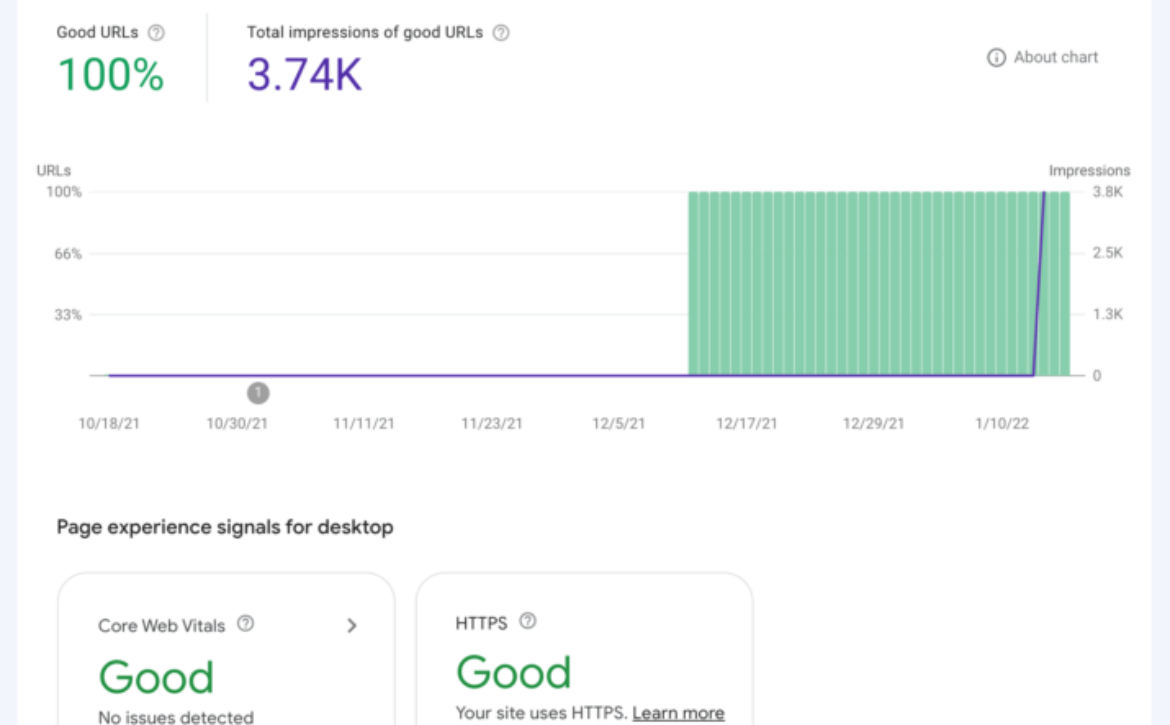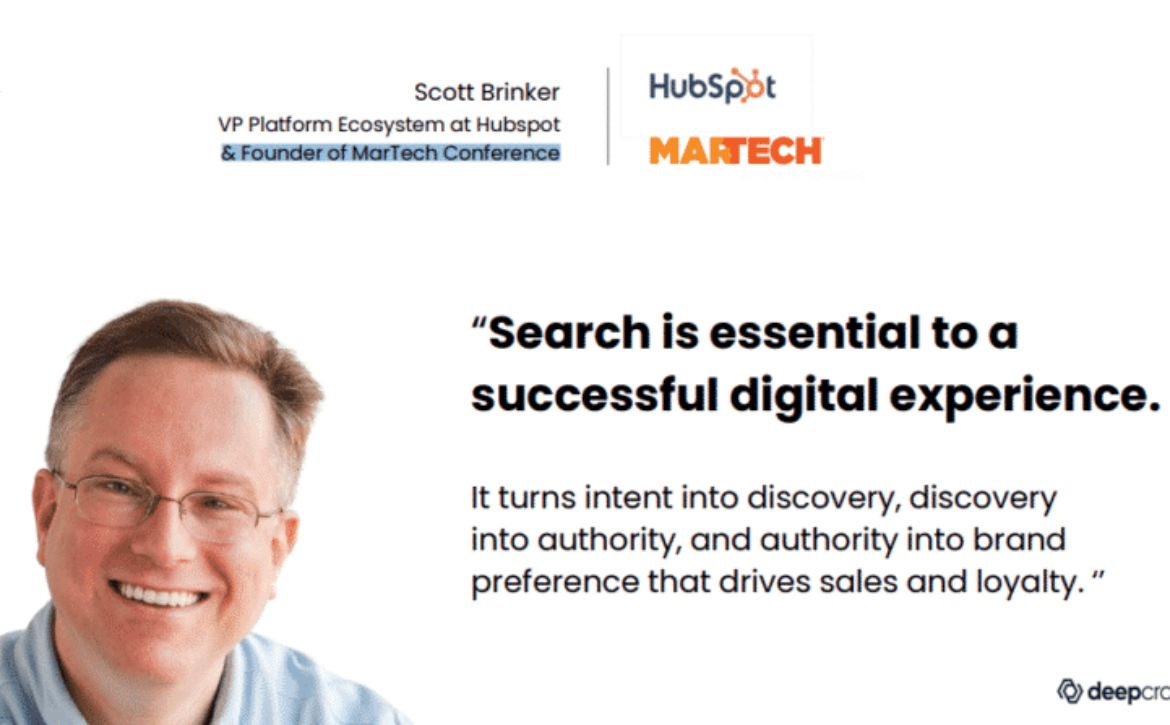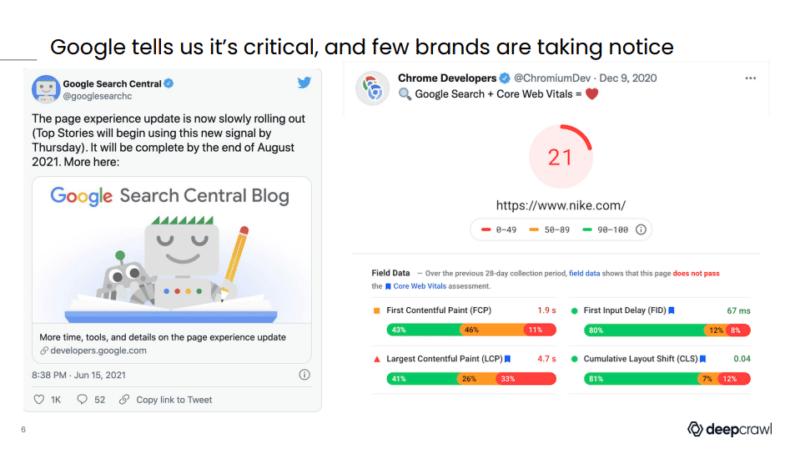Calling all search marketers! Check out these exclusive Master Classes
The days of title tag tweaks, meta keywords, and SERPs of ten blue links are long gone. SEO is one of the fastest-evolving aspects of the digital realm… and gaining visibility (not to mention quality traffic) is more complex and challenging than ever before.
If you want to stay ahead of the competition and at the top of the SERPs, it’s time to level up your SEO skills: Attend your choice of SMX Master Class – online March 8-9 – to take the first step on that critical journey.
This spring, we’re offering seven exclusive Master Classes, four of which are designed specifically for SEOs. (Not focused on SEO? Check out the complete Master Class lineup, featuring deep dives on Google Ads, Google Analytics 4, and more.)

- Advanced SEO training with Bruce Clay is perfect for seasoned SEO professionals craving next-level knowledge, tactics, and best practices that boost visibility, traffic, and revenue.
- Advanced technical SEO training with Eric Enge dives head-first into sophisticated, technical SEO topics and tactics, including Schema, page experience, Core Web Vitals, and more.
- SEO-friendly content marketing training with Michael Brenner focuses on the crucial role content plays in SEO, and how you can effectively leverage it to support a cohesive site-wide strategy.
- SEO for developers training with Detlef Johnson explores how SEOs can implement technical tactics to boost visibility… and how developers can take a more SEO-friendly approach to coding.
At just $199 each, the SMX Master Classes pack a ton of value: Six focused hours of live, expert-led training that deliver actionable tactics you can implement immediately to drive measurable results – and intimate Q&A opportunities with industry legends that address your specific queries and curiosities. Plus, 100% virtual means you can tune in from anywhere – no plane ticket, hotel reservation, or travel risks required.
Ready to register? Smart move. Secure your spot at one of these exclusive Master Classes for just $199!
The post Calling all search marketers! Check out these exclusive Master Classes appeared first on Search Engine Land.









